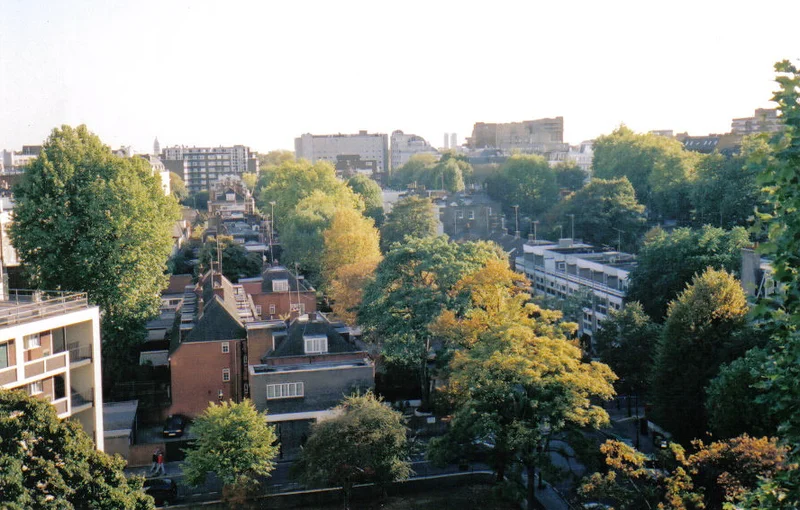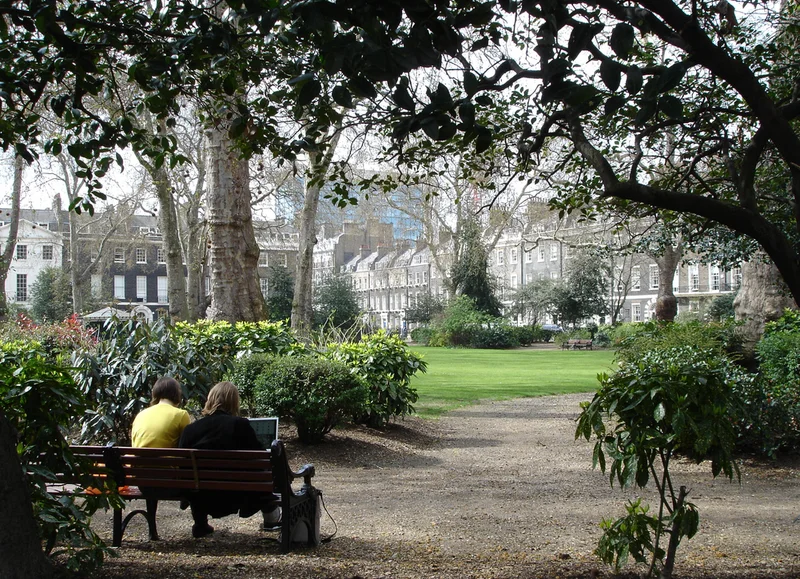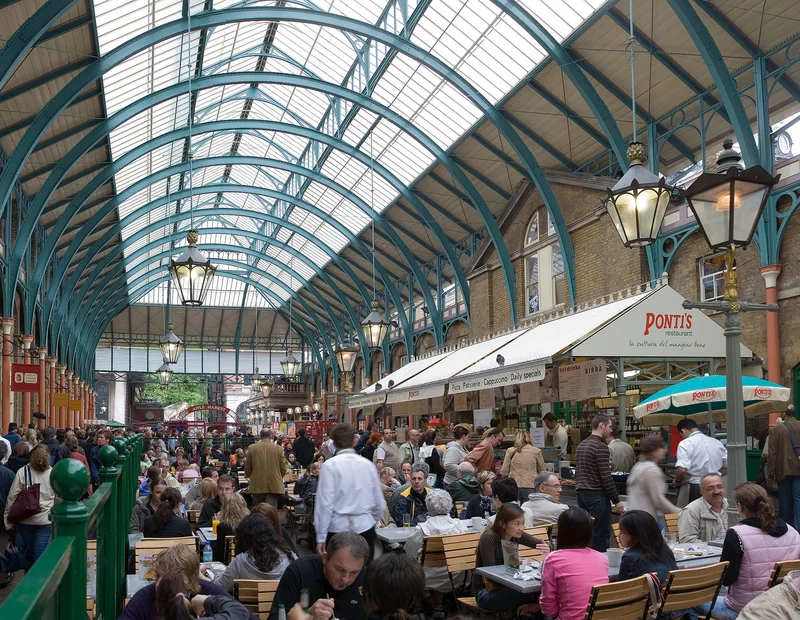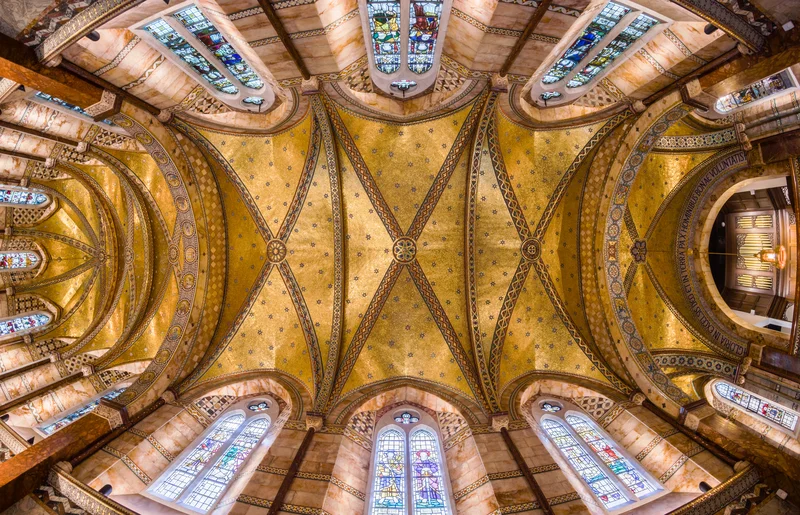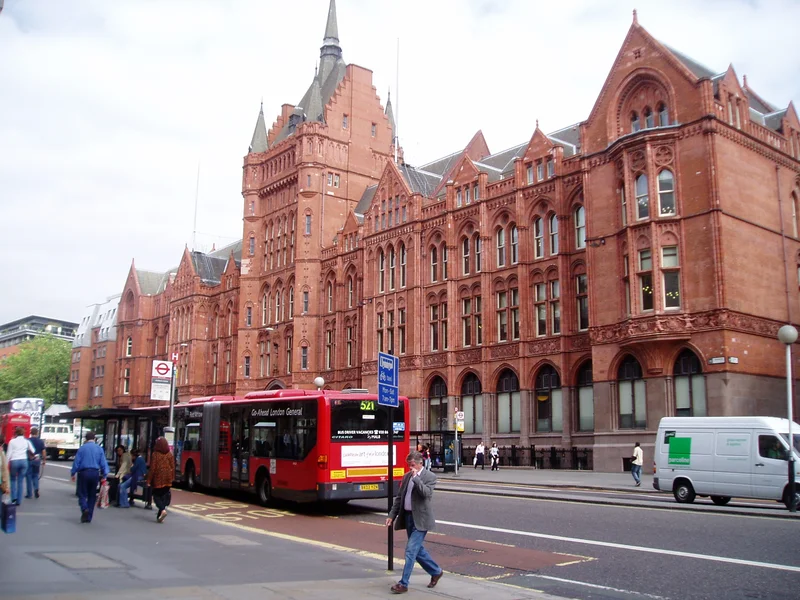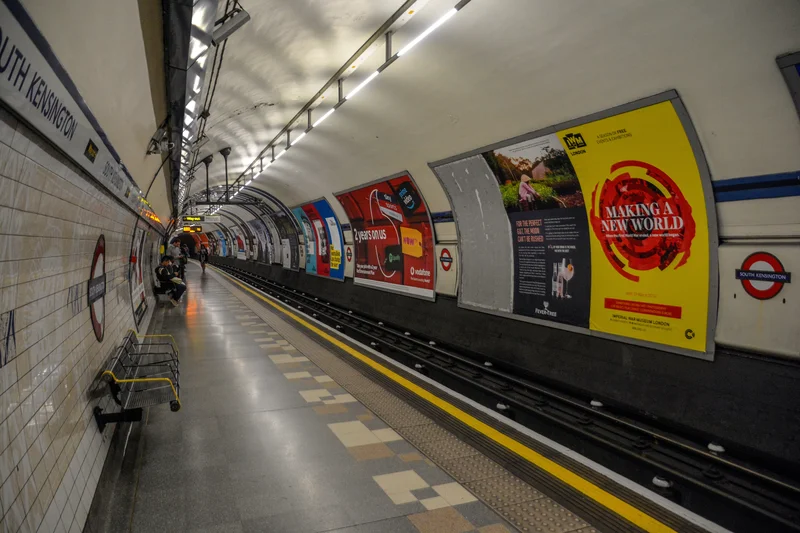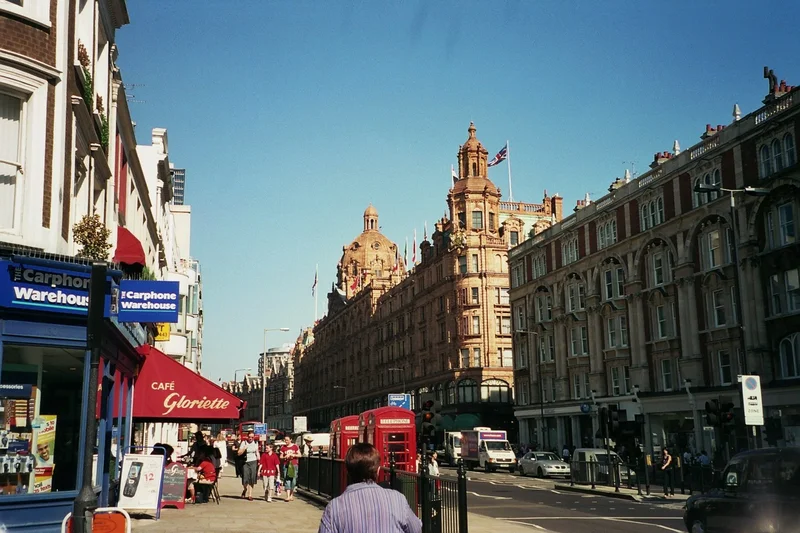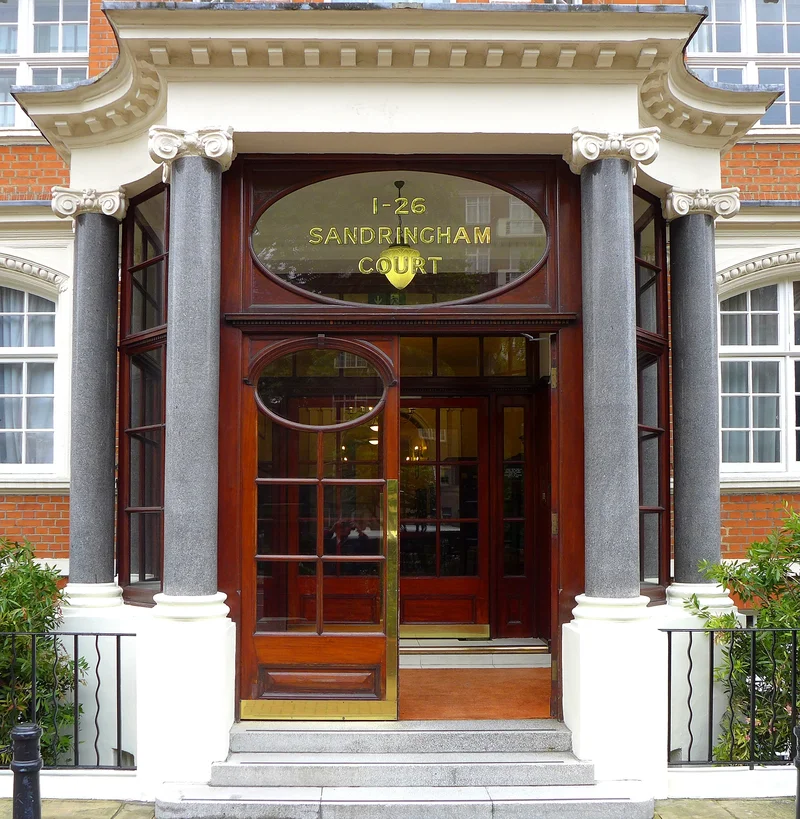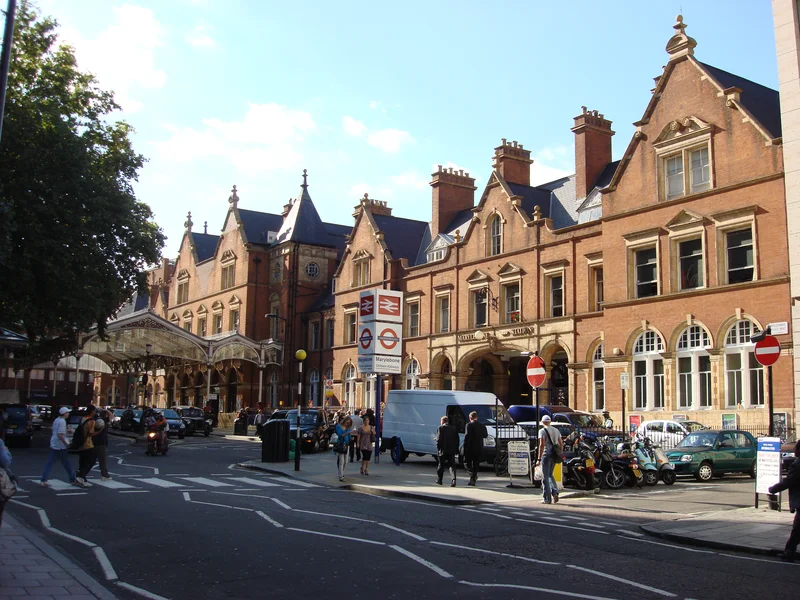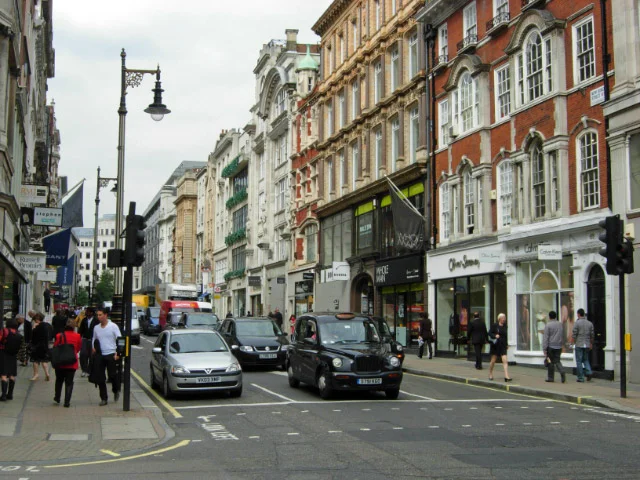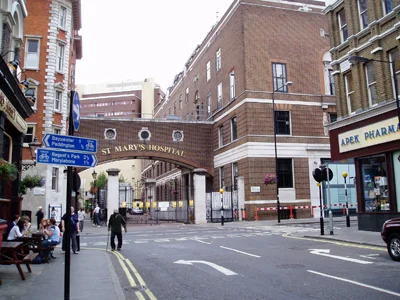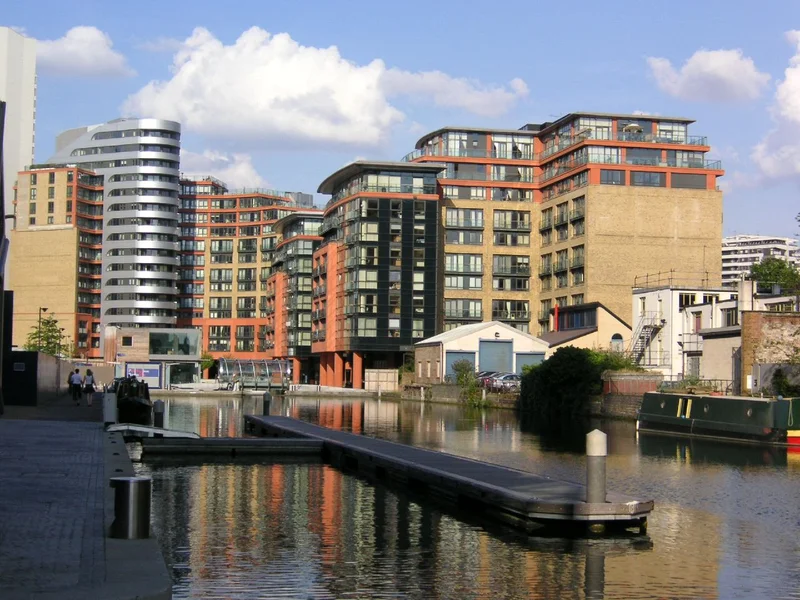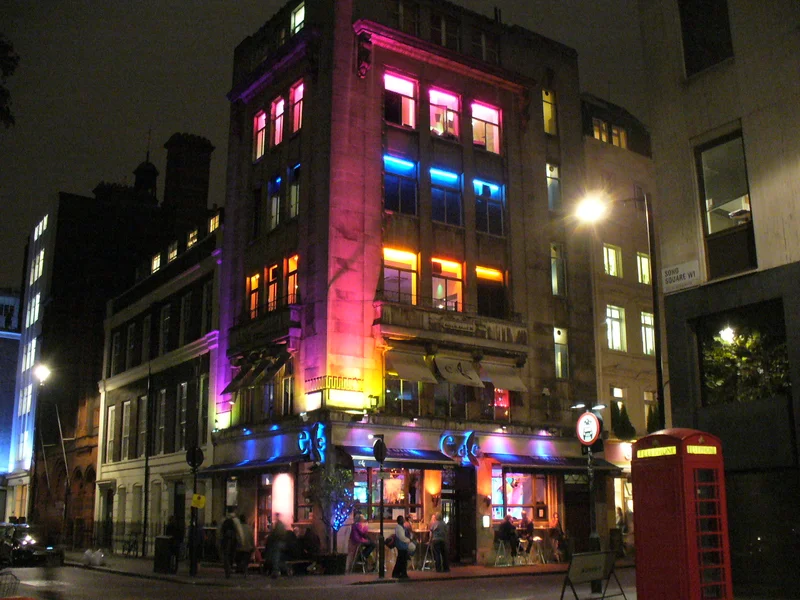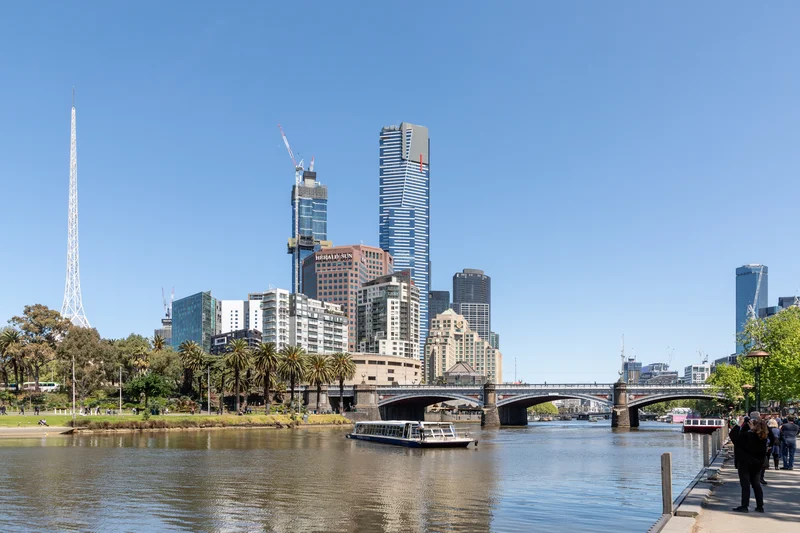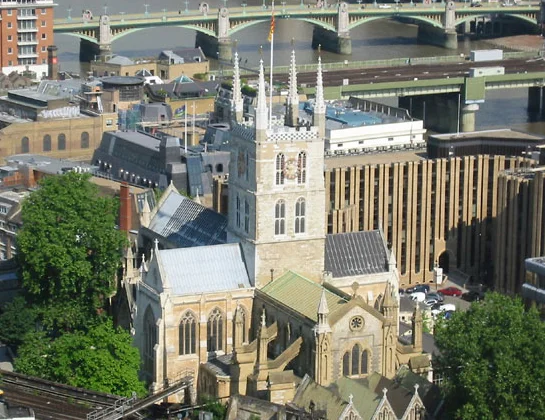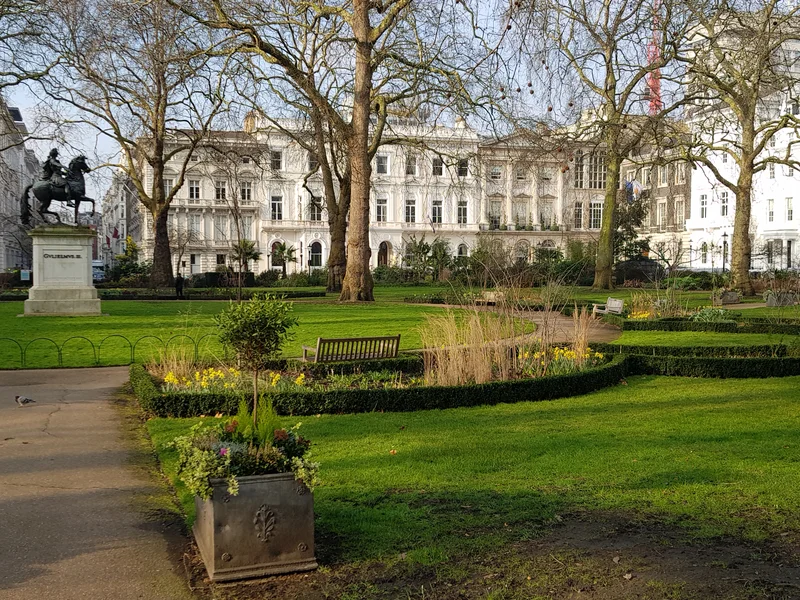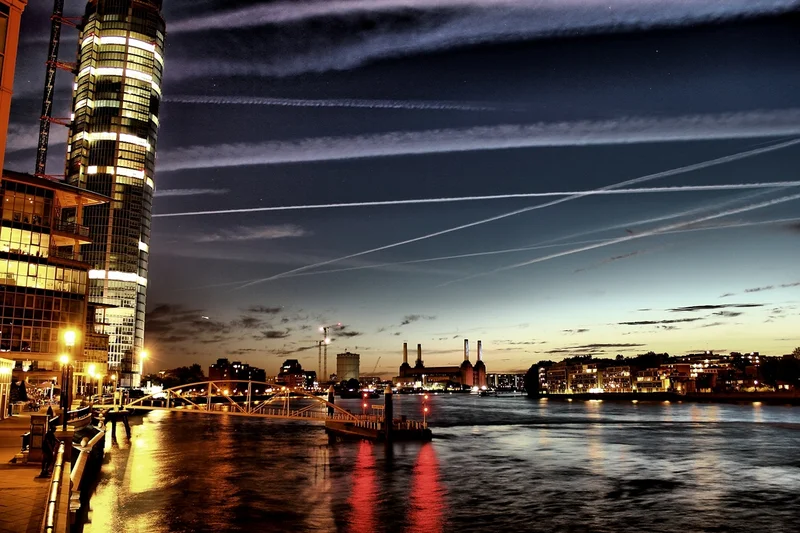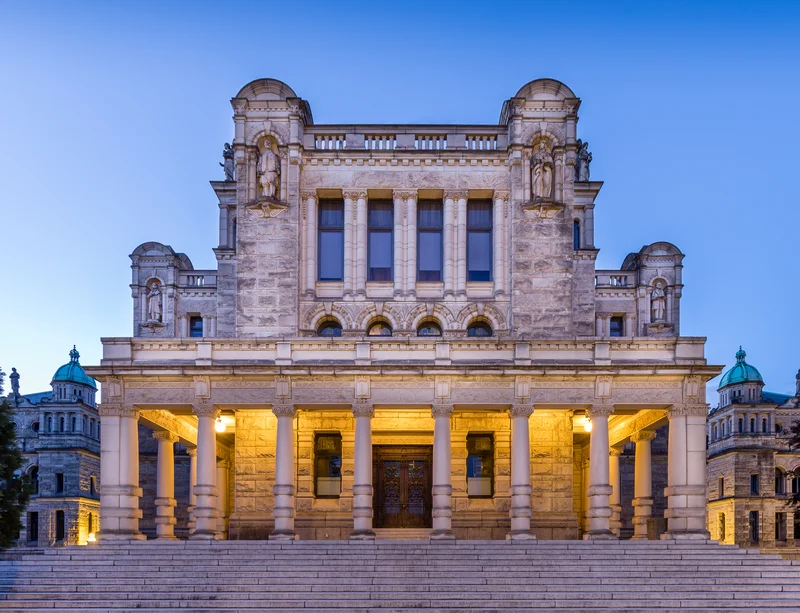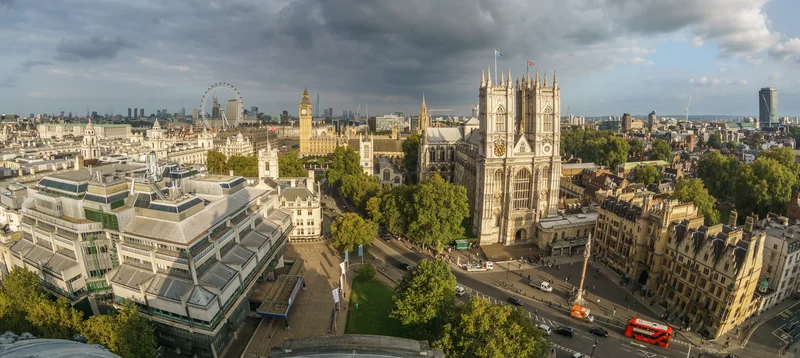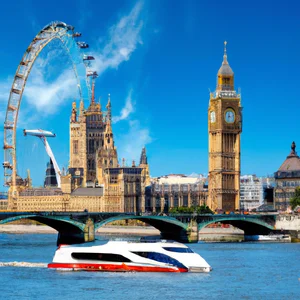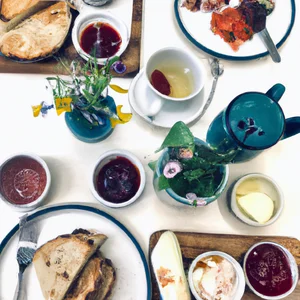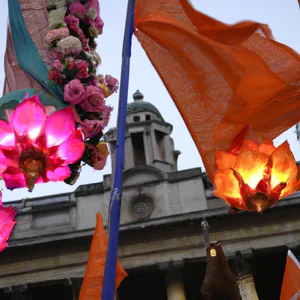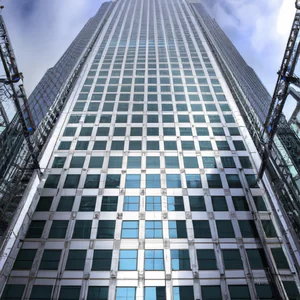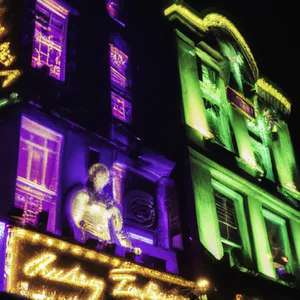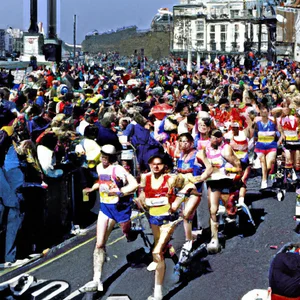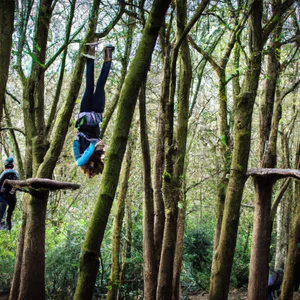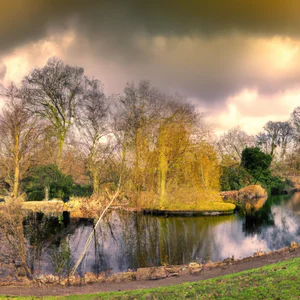Book your experience
Historic London cafés: where to enjoy the perfect cup of tea or coffee
Historic London cafés: where to find the cup of tea or coffee that will make you dream
So, let’s talk about London, that city which, let’s face it, is a real melting pot of cultures and traditions. And when it comes to sipping a good cup of tea or coffee that warms your heart, well, there are places that are just a must to visit.
Imagine entering a café that has seen generations pass by, with the walls full of stories to tell. For example, there is the famous Caffè Royal, where customers are not just customers, but real characters who intertwine in a sort of living novel. And then, there is Monmouth Coffee, which, if I’m not mistaken, is a coffee lover’s paradise. I don’t know, but every time I go there, it feels like I’m in a movie: the scent of fresh coffee pervades the air, and makes you want to order the whole menu.
And for those who love tea, there is the famous Twinings, which is practically a legend. There, you can sit and savor a blend that seems to hug you like a warm blanket on a cold day. It’s not just a cup of tea, it’s an experience! Do you remember when, as children, we sat with our grandmothers and listened to stories while sipping a hot drink? Well, it’s a bit like that there, except that the grandmothers are replaced by tourists and the elderly with their incredible stories.
In my opinion, context is also important. It’s not just about what you drink, but where you do it. A café overlooking a park, for example, can transform even the most ordinary café into a sort of poetry. Maybe you sit, watch people pass by and it’s hard not to think about how many stories there are behind each of them. Of course, it’s not always easy to find the right place. Sometimes you might come across a place that looks cool, but then the coffee is so bad that you wonder how it’s possible.
In short, London is full of historic cafés that deserve to be discovered. If you’ve never been there, I recommend you stop by and let yourself be surprised. Who knows, maybe you will find your new place of heart. And, who knows, you might even come across one of those stories that will remain in your heart forever.
Historic London cafés: where to enjoy the perfect cup of tea or coffee
A journey through time between aromas and stories
I remember the moment I crossed the threshold of The Café Royal, a historic café that stands majestically in the heart of Piccadilly. The air was pervaded by the aroma of roasted coffee and fresh pastries, while the walls, decorated with warm and elegant colours, told stories of writers and artists who had taken refuge there over the centuries. Sitting near the window, I watched Londoners pass by, each with their own story, just like those of the characters who had walked that floor before me.
A corner of history
London is dotted with historic cafes, each with their own fascinating past. Places like The Ritz or Fortnum & Mason are not only famous for their afternoon tea, but also for their cultural importance. At The Savoy, for example, afternoon tea is a ritual that dates back to 1889, when the legendary Miss Aline de Rothschild introduced it. These cafes are not just places to enjoy a drink; they are real institutions that reflect the elegance and charm of London.
An insider tip
If you want to live the authentic experience of a historic café, try visiting Bar Italia, a little corner of Italy in Soho. This cafe is famous among locals for its espresso, but what makes it unique is the lively atmosphere and the fact that it is open 24 hours a day. Here, you can enjoy a real Italian coffee while having a chat with the residents and discover stories of London life.
Cultural impact and sustainability
Historic cafés are not just meeting places, but also spaces that have shaped London’s culture and identity. Many of them are now embracing sustainable tourism practices, using local and organic ingredients. For example, The Ivy recently began working with local producers to reduce its environmental impact, inviting customers to enjoy dishes and drinks that celebrate British biodiversity.
An experience worth trying
While exploring London’s historic cafes, don’t miss the opportunity to attend a tea tasting. Many of these places offer sessions where experts will guide you through tasting different varieties of tea, revealing secrets and stories behind every sip.
Myths to dispel
A common misconception is that afternoon tea is an activity exclusively for tourists. In reality, it is a tradition also loved by Londoners who see this ritual as a moment of pause and conviviality. Don’t be fooled into thinking it’s a formal experience; you can find more informal variations in many historic cafés, where the passion for tea and coffee is tangible.
A final reflection
Next time you’re in London, stop by one of these historic cafes and let time stand still for a moment. What story would you like to tell while sipping a cup of tea or coffee in a place that has seen centuries of life? Immerse yourself in the atmosphere and discover that every sip can reveal a piece of history.
Where to enjoy the best afternoon tea
When I first stepped into one of London’s historic cafés, I felt transported to another era. The enveloping scent of fresh tea mixed with whispered conversations and the clinking of porcelain, creating an almost magical atmosphere. In that moment, I realized that afternoon tea is not just a tradition, but a ritual that embodies British culture in all its elegance.
Where to go
To savor the best afternoon tea, you can’t miss Fortnum & Mason, an institution that has delighted visitors with its fine blends for over 300 years. Located in the heart of Piccadilly, its tea room is a real gem, decorated with elegance and history. Make sure you book in advance, as it often gets very busy. Another unmissable option is Claridge’s, famous for its impeccable service and sophisticated atmosphere, where you can enjoy a selection of artisanal desserts accompanied by a wide choice of teas.
Insider tip
A little-known tip: many historic cafés offer the possibility of taking part in tea tasting courses. These experiences will allow you to delve into the history and culture of British tea, as well as learn how to prepare it to perfection. Don’t forget to ask if the place has any special events or tastings planned, which can further enrich your visit.
The cultural impact
Afternoon tea has deep roots in British culture, dating back to the 19th century, when Anne, the Duchess of Bedford, began serving tea and snacks to combat hunger between lunch and dinner. Today, this tradition is a symbol of conviviality and relaxation, a moment to disconnect from the daily frenzy and immerse yourself in an atmosphere of calm and refinement.
Sustainability and responsibility
Many historic London cafes are embracing sustainable tourism practices, using ethically and organically sourced teas. Supporting these places means contributing to a responsible future for the tea sector and the communities that produce it.
An immersive experience
Imagine sitting in an elegant lounge, surrounded by Victorian-style furnishings, while a waiter serves you a finely decorated ceramic teapot. The first sip of your Earl Gray will take you straight to the heart of London, as an assortment of sweet and savory delights unfold before you. Don’t forget to indulge in classics like scones with cream and jam, a must for any tea lover.
Myths to dispel
A common misconception is that tea afternoon should be a formal and austere event. In fact, many historic cafes offer a welcoming, casual atmosphere where guests can feel comfortable, whether they’re wearing smart or casual clothes.
Final reflection
Having discovered the world of afternoon tea in London, I invite you to consider: what does tea time mean to you? Is it just a break from the day or an opportunity to connect with the culture and history of a place? The next time you enjoy a cup of tea, remember that, in that simple gesture, there is an entire universe of traditions and stories to explore.
Iconic coffees and their fascinating stories
A journey through time among cups of coffee
During one of my walks in the lively Soho neighborhood, I stopped in front of a small café with a vintage charm, Bar Italia. The slightly foggy window showed a scene of London life that seemed to have stopped in the 1950s. Upon entering, I was greeted by an enveloping aroma of espresso and a symphony of conversations in Italian. Here, I discovered that this café is a real point of reference for lovers of coffee and Italian culture, having opened its doors in 1949 and becoming a meeting place for artists and London bohemians.
Historic cafes to discover
London is a city full of iconic cafes that not only serve delicious drinks, but tell fascinating stories. In addition to Bar Italia, you can’t miss The Coffee House in Covent Garden, famous for its welcoming atmosphere and the historicity of the place, which dates back to 1710. Here, the coffee tradition is intertwined with the history of the city , having been frequented by numerous intellectuals and writers.
Unconventional advice
A secret that few people know is that many of these historic cafés offer special events such as poetry nights or live concerts. For example, at The Coffee House you can find open mic nights where emerging artists perform. Not only will you be able to enjoy great coffee, but you will also discover local talent and immerse yourself in London’s artistic culture!
The cultural impact of cafés
London’s historic cafés are not only places of refreshment, but also spaces for meeting and debate. Over the centuries, these venues have hosted political discussions, literary meetings and even the birth of social movements. They played a crucial role in shaping the social and cultural fabric of the British capital.
Sustainability and responsibility
Many of these cafes are starting to adopt more sustainable practices, such as using organic products and reducing plastic waste. Growing environmental awareness is also influencing coffee culture, encouraging customers to choose more responsible options.
Concluding your journey
Each iconic café in London has a story to tell, and visiting them is a way to connect with the city’s past. I invite you to take a moment to reflect on what story you might discover while sipping a cup of coffee. What other stories could your next favorite café tell? The next time you are in London, choose a historic café and let yourself be carried away by its magic.
A local experience: coffee and street art
A chance encounter
I vividly remember the first time I walked through the streets of Shoreditch, a vibrant and creative neighborhood of London. As I walked, the scent of fresh coffee mixed with the smell of spray paint, an irresistible call that led me to the entrance of a small cafe called The Espresso Room. Here, I not only enjoyed a perfectly flavored cappuccino, but I also discovered a breathtaking mural by a local artist, which captured the essence of the neighborhood. This chance encounter with coffee and street art became my starting point to explore one of London’s most fascinating connections: the synergy between coffee and street art.
Discover the scene
Today, London is a stage for world-famous street artists, and many historic and modern cafés serve as unofficial art galleries. Places like Café 1001 and Café de Paris not only serve high-quality coffee, but also showcase works by emerging artists, making each visit an aesthetic and sensorial experience. The Guardian recently highlighted how these spaces are transforming the city’s cultural landscape, acting as incubators for creativity.
An insider tip
If you want a unique experience, look for street art tours that depart from local cafes. These tours will not only take you to discover extraordinary works of art, but will also offer you the opportunity to enjoy artisanal coffee prepared by passionate baristas. A great choice is the Shoreditch Street Art Tours tour, which will guide you through the best murals while you stop for an espresso in some of the neighborhood’s most iconic cafes.
Cultural impact
The relationship between cafes and street art in London is not just a question of aesthetics; it also reflects a history of cultural expression and community. During the 1980s, the café became a haven for artists and musicians, creating an environment of innovation and experimentation. This tradition continues today, where cafés serve as gathering spaces for the creative community, promoting the sharing of ideas and talents.
Sustainability and responsibility
It is important to note that many of these cafes adopt sustainable practices, such as using organic ingredients and recycling raw materials. Choosing to drink coffee in these places also means supporting a responsible tourism model that encourages the valorization of local resources.
Immerse yourself in the atmosphere
Imagine sitting outside a cafe, sipping a creamy cappuccino while watching the artists at work, spray cans dancing in their hands. Shoreditch is a place where every corner tells a story, and every café is a microcosm of creativity and passion.
An unmissable activity
Don’t miss the chance to attend a street art workshop, where you can learn techniques from local professionals while enjoying your coffee. This type of experience will not only enrich your trip, but will also allow you to take a piece of London home through your artistic creation.
Myths to dispel
A common misconception is that street art is synonymous with vandalism. In fact, many artists work with shop owners to beautify public spaces, contributing to a cultural and social renaissance that enriches the community.
Final reflection
Next time you find yourself over a coffee in London, take a moment to look at the art around you. How can these works influence your experience? I invite you to consider the power of art and coffee to create connections and tell stories. What story will your next coffee tell you?
Sustainability and coffee: a responsible future
A coffee that makes the difference
During one of my walks in the Shoreditch neighborhood, I stopped at a little cafe called The Coffee Collective. As I sipped a cup of ethical coffee, the barista told me the story behind each bean: a journey that begins in the sustainable coffee fields of Brazil, where farmers are paid fairly and are encouraged to practice responsible farming techniques. The passion that shone through her words made me understand how important the connection is between the coffee we taste and the communities that produce it.
Sustainable practices in London cafes
In an age where climate change is an undeniable reality, many London cafes are adopting sustainable practices to reduce their environmental impact. From Workshop Coffee to Kaffeine, baristas use coffee beans from companies that promote regenerative agriculture, reducing pesticide use and promoting biodiversity. Additionally, many cafes offer discounts to those who bring their own reusable container, a simple but meaningful gesture that encourages waste reduction.
An insider advises
A tip only a true coffee lover knows: watch out for coffee shops that partner with local roasters. Not only will you have the opportunity to taste unique blends, but you will also be able to learn firsthand the stories of the people behind them. For example, Square Mile Coffee Roasters not only serves high-quality coffee, but also offers tours and training courses that will allow you to delve into sustainable coffee culture.
The cultural impact of sustainable coffee
The focus on sustainability is not just a trend: it represents a cultural shift that reflects the growing public awareness of responsible business practices. London, with its tradition of innovation and creativity, is positioning itself as a beacon of hope in an industry that has historically faced ethical challenges. Today, many cafes are not just gathering places, but also centers of education and advocacy for fair business practices.
An experience worth trying
If you want an experience that combines the pleasure of coffee with environmental awareness, take part in a coffee roasting workshop at Koppi Coffee Roasters. Here you can not only taste different varieties of coffee, but also learn how it is produced and how to choose more sustainable options.
Myths to dispel
A common misconception is that sustainable coffee is necessarily more expensive. In fact, many London cafes offer affordable options that don’t compromise on quality. Investing in ethical coffees not only supports producers, but often also means enjoying a higher quality drink.
Final reflection
Next time you sip a cup of coffee in London, take a moment to reflect on everything behind each sip. How can your choices contribute to a more sustainable future for the coffee sector? The true essence of a coffee lies not only in its flavor, but also in the history and people who make it possible.
The secrets of preparing London coffee
A rainy afternoon in London may seem gray and monotonous, but for me it proved to be an opportunity to discover one of the city’s best kept secrets: coffee making. Sitting in a small cafe in Shoreditch, I watched as a barista transformed a simple coffee bean into liquid poetry. Every gesture was measured and precise, a ritual that reflected not only the passion for coffee, but also the culture that surrounds it.
An ever-evolving art
The preparation of coffee in London is not just a matter of taste, but has become a real cultural movement. Experienced baristas have turned into artists, and specialty cafes are popping up all over the city. According to the London Coffee Festival, the number of artisanal coffee shops has increased by 25% in recent years, bringing with them a new generation of enthusiasts who want to discover the world of coffee beyond just espresso.
Insider tip
A little-known tip is to try cold brew in one of Bloomsbury’s coffee shops. This preparation method, which involves cold infusing the beans for several hours, enhances the sweet and fruity notes of the coffee, giving you a completely different experience. Many tourists tend to ignore this possibility and limit themselves to the classic cappuccinos, but the cold brew is a real revelation.
A cultural heritage
London coffee brewing isn’t just a modern trend; has its roots in a fascinating history. Since the 17th century, when the first coffeehouse opened its doors in London, coffee has been a catalyst for intellectual and social debate. Places like the Poultry Coffee House were known for welcoming thinkers and writers, turning the coffeehouse into a symbol of creativity and innovation.
Sustainability in the cup
As environmental awareness increases, many London cafes are adopting sustainable practices, such as sourcing ethically sourced coffee beans and reducing waste. Leading baristas, like those at Workshop Coffee, are committed to ensuring that every cup of coffee is not only delicious, but also responsible.
An experience worth trying
If you want to fully immerse yourself in the world of London coffee, I recommend taking part in a coffee making workshop. Places like the London School of Coffee offer courses for beginners and experts, where you can learn extraction techniques and enjoy different varieties of coffee.
Myths to dispel
A common myth is that coffee should always be bitter or strong. In reality, the preparation of coffee can vary enormously based on the origin of the beans and the extraction method. Don’t be afraid to explore more delicate and lighter flavors!
With the art of coffee making continuing to evolve, I invite you to reflect: what London coffee secrets might you discover on your next visit? And, who knows, maybe you’ll find your new favorite mug right in one of the many charming corners of this vibrant city.
Tea and coffee: little-known cultural traditions
A journey through aromas and stories
I still remember my first visit to London, when, in a small café in Soho, I savored a chai tea carefully prepared by a barmaid who told fascinating stories about her homeland, India. That experience of cultural connection and intensely spicy aroma sparked a curiosity in me about the tea and coffee traditions that intertwine in this cosmopolitan metropolis.
The duality of drinks
Tea is a sacred ritual in many cultures, and London is no exception. The tradition of afternoon tea, introduced by the Duchess of Bedford in the 19th century, is a moment of respite that brings families and friends together over treats and chat. On the other hand, coffee, a drink that has its roots in Middle Eastern markets, has found its way into London cafés, where artists and thinkers gather to share ideas and creativity.
Basically, you can enjoy an excellent tea at Fortnum & Mason, one of the most iconic places for afternoon tea, while for coffee I recommend visiting Flat White, famous for its extraction methods innovative.
An insider’s secret
A little-known tip is that many historic London cafes offer higher quality tea during opening hours, but don’t advertise it. Ask the bartender for special varieties could prove to be a surprising and enriching experience. Often, bartenders are happy to share their knowledge and recommendations.
Cultural impact
London’s tea and coffee traditions are not only a way to socialise, but also reflect the city’s colonial history and its interactions with the rest of the world. Each cup of tea tells stories of trade, exploration and culture, creating a deep connection between places and people.
Sustainability in the world of tea and coffee
In an age where sustainability is key, many London cafes are committing to using ethically sourced tea and coffee. Choosing to drink in places that support sustainable practices not only tastes better, but also contributes to a responsible future for the industry.
Dive in the atmosphere
Imagine entering a historic café, with the walls decorated with black and white photographs that tell stories of writers and artists who have taken refuge there over the years. The air is filled with aromas of roasted coffee and fresh pastries, while sunlight filters through the windows, creating a warm and welcoming atmosphere. Here, you can have an Italian coffee and a slice of tea cake, enjoying your moment of respite in a London that pulsates with life.
Activities not to be missed
I recommend taking a tea and coffee tour, where you can explore the different traditions and varieties. Some tours also offer guided tastings, allowing you to savor the nuances of the different blends and learn the preparation techniques.
Myths to dispel
A common misconception is that tea is only a drink to be sipped on special occasions. In reality, tea can be enjoyed at any time of the day, and its preparation can be as much a daily ritual as coffee.
A final reflection
Next time you sip a cup of tea or coffee in London, take a moment to reflect not only on the flavor, but also the stories and traditions that each sip holds. Have you ever wondered how a simple drink can connect cultures and generations?
Literary cafés: where writers created
Imagine entering a café that is not just a place to eat, but a true sanctuary of culture. The Old Curiosity Shop, located in the heart of London, is not just a charming bookshop and café; it is also the place that inspired Charles Dickens to write his novel of the same name. Here, while sipping an aromatic cappuccino, I immersed myself in history, surrounded by volumes from the Victorian era and an atmosphere that seems to have stopped in time.
A journey through time
London is dotted with historic cafés that have served as the stage for writers, artists and thinkers. Places like The Café Royal, famous for hosting Oscar Wilde and Virginia Woolf, offer an experience that goes beyond simply enjoying a drink. These spaces are full of stories, and every corner seems to whisper the secrets of the conversations that once took place there. Today, you can enjoy afternoon tea or a high-quality espresso while you marvel at the beauty of the period furnishings and works of art that adorn the walls.
An insider tip
If you want an authentic experience, don’t just order your favorite afternoon coffee or tea. Ask to know the history of the place; many bartenders and owners will be happy to share fascinating anecdotes related to the big names who have graced their floor. Some of these cafés also offer literary events, such as readings or meetings with authors, which will allow you to immerse yourself even more in the local culture.
The cultural impact
London’s literary cafés are not only meeting places, but have also played a crucial role in the dissemination of ideas and the promotion of literature. During the 18th century, coffeehouses were the nerve centers of intellectual life, where politics, art and literature were discussed. Today, they continue to serve as spaces for discussion and creativity, helping to keep the flame of culture alive in the British capital.
Sustainability and responsibility
Many historic London cafes are committing to sustainable practices, using organic and local ingredients and reducing waste. Choosing to drink a coffee in one of these places is not only a way to enjoy a delicious drink, but also to support responsible and conscious tourism.
An activity not to be missed
If you are in London, don’t miss the opportunity to take a guided tour of the literary cafés. These tours offer a mix of history, literature and, of course, great food and drink. It’s a perfect way to explore the city through the eyes of the writers who loved and described it.
Myths to dispel
A common misconception is that historic cafes are only for tourists. In reality, many of these places are frequented by residents and intellectuals, making the environment vibrant and authentic. Don’t be afraid to sit next to a local and have a chat: you might discover interesting stories and valuable tips about the city.
In conclusion, next time you sit in a London café, take a moment to reflect on who may have sat in your seat before you. What stories did they tell? What ideas took shape between sips? Sipping a coffee here means experiencing history, and each cup is an invitation to discover a new perspective.
Unconventional tips for a unique coffee in London
There is nothing more fascinating than discovering a café that tells you a story, but how about exploring lesser-known places too, where the atmosphere is full of eccentricity and authenticity? Once, while wandering the streets of Shoreditch, I came across Café 1001, a little corner that looks like something out of an indie film. Here, the scent of coffee mixes with the artistic vibes of the area, creating an atmosphere that invites you to stop and savor every moment.
A surprising coffee
When we talk about unique coffees, we can’t forget Gail’s Bakery. This cafe is not only a place to enjoy a good drink, but also a real culinary experience. Their cakes and sandwiches are made with fresh, local ingredients, and every bite is a journey of flavors. But what makes this place really special is the chance to participate in one of their baking workshops, where you can learn to make bread like a true artisan.
An insider tip
If you want a truly authentic experience, try to visit the cafes on weekdays. During the weekend, the most popular places can become crowded and lose some of their magic. Additionally, many historic cafés offer unique events throughout the week, such as poetry readings or acoustic concerts, which will allow you to immerse yourself even more in the local culture.
A cultural impact
Every café in London has its place in the city’s history. Places like the Caffè Royal, where artists and intellectuals gathered, helped shape London culture. These cafés are not just refreshment points, but real institutions that have hosted conversations that have changed the course of history.
Sustainability in coffee
Many London cafes are embracing sustainable practices, such as using ethically sourced coffee beans and reducing waste. Cafes like Hasbean are committed to ensuring that every cup is not only delicious, but also environmentally responsible. Choosing to drink coffee in these places also means supporting a fairer supply chain.
An experience that will leave you speechless
If you are a coffee lover, you can’t miss the Coffee Workshop by Koppi. Here you will have the opportunity to learn the secrets of coffee preparation and taste unique blends, all in an environment that stimulates creativity.
Myths to dispel
A common misconception is that to find the best cafes in London you necessarily have to go to the most touristy places. In reality, true treasures are often found on the streets less traveled, where authenticity and quality prevail over fame.
A final reflection
Next time you’re in London, ask yourself: what story can your coffee tell? Maybe a simple sip of espresso can make you feel part of a bigger story, a connection between past and present. Discovering these historic cafes is not just a way to enjoy a drink, but an opportunity to immerse yourself in the vibrant and varied life of this city.
Walking itineraries among the best historic cafes in London
A journey through aromas and stories
The first time I stepped into one of London’s historic cafés, I felt like I had stepped into a Charles Dickens novel. The scent of freshly ground coffee mixed with the smell of yellowed pages and ancient wood. Sitting at a table in the corner of The Coffee House, a small café in the heart of Soho, I listened to the conversations of the patrons who seemed to tell stories of times gone by. This is the power of historic cafés: they are not just places to drink, but real living museums that preserve the memories of generations.
Practical information and local advice
London is dotted with historic cafes, each with its own unique personality and history. Some of the most famous include Café Royal, known for its illustrious visitors, and The Espresso Room, a more modern corner but with deep roots in coffee culture. A walking itinerary might start in Covent Garden, where you can visit The Delaunay before continuing to Simpson’s in the Strand, a café that has existed since 1828 and offers an atmosphere of timeless elegance.
To plan your route, I recommend checking the Visit London website, where you will find maps and updated information on historic cafés.
An insider tip
If you want a truly unique experience, ask the barista to make you a coffee the “old school” way. Many historic cafés offer traditional preparation methods, such as the use of a French press or a pour-over, which can reveal flavors and aromas forgotten over time. This is not only a way to enjoy a different coffee, but also a dive into the history of coffee preparation.
The cultural impact
These cafes are not just places to eat; they represent a crossroads of ideas and cultures. During the 19th century, many of these spaces were haunts of intellectuals and artists, helping to shape London’s cultural landscape. A glass of coffee in one of these places is a step into the past, where conversations and ideas mixed with the scent of coffee.
Sustainable tourism practices
When you visit these historic cafes, consider supporting responsible tourism practices. Many cafes are adopting more sustainable methods, such as using ethically grown coffee beans and implementing waste-reduction practices. Choosing to consume in places that demonstrate an ecological conscience is a way to contribute to a better future.
An activity not to be missed
As well as enjoying coffee, take part in a themed walking tour that explores London’s historic cafes. Several local agencies offer guided tours that will not only take you to the best cafes, but also tell you fascinating stories and anecdotes about each place.
Myths and misconceptions
A common misconception is that historic cafes are exclusive and expensive. In fact, many of these places offer accessible options, making the history of coffee accessible to everyone. Additionally, the quality of the coffee in these historic cafes is often superior to that of more modern chains.
A personal reflection
As you sip a coffee in one of these historic cafés, I invite you to reflect on what coffee means to you. Is it just a drink or does it represent a moment of connection with the past and with others? What story will you take away with you today?

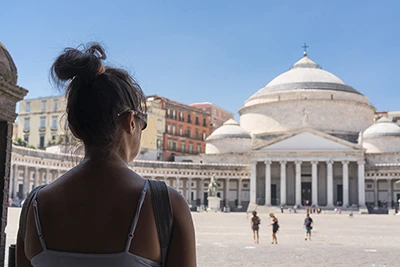 Architecture and Design
Architecture and Design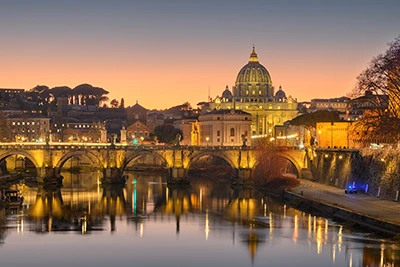 Cities and Regions
Cities and Regions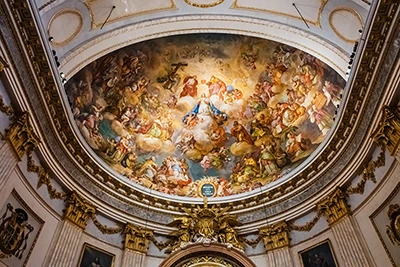 Culture and History
Culture and History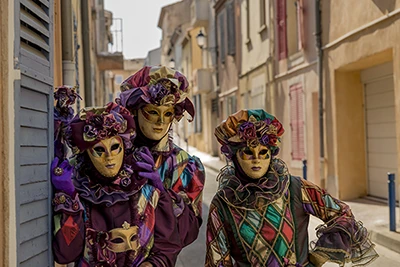 Events and Festivals
Events and Festivals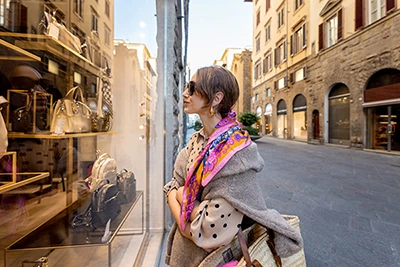 Fashion and Shopping
Fashion and Shopping Food and Wine
Food and Wine Nature and Adventure
Nature and Adventure Unique Experiences
Unique Experiences